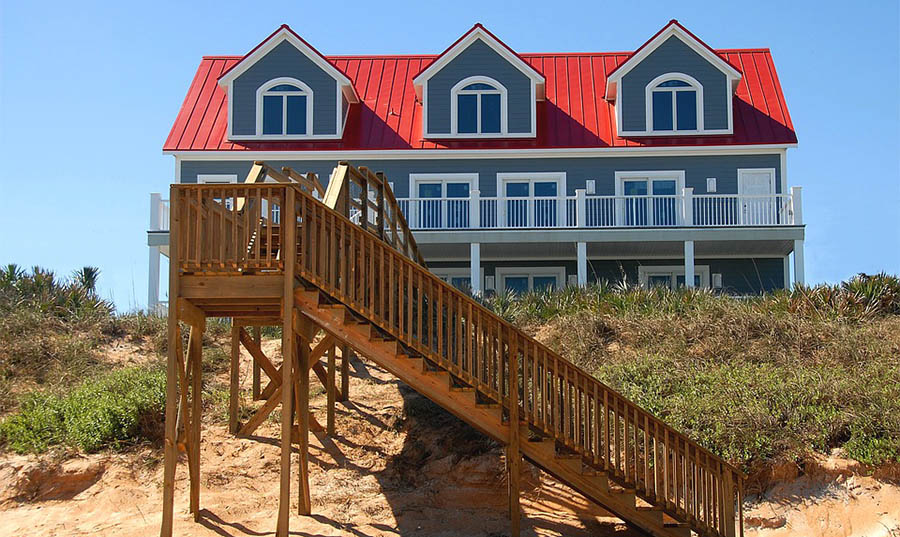In recent years, many Long Islanders have been earning extra income by renting their homes as short-term vacation rentals through services like Airbnb, HomeAway, and VRBO. However, many are unaware that these rentals are subject to New York State Hotel and Motel Tax, and that Suffolk County in particular has been cracking down on homeowners who are renting through these sites but have not registered with or remitted the tax to the county. County compliance units have been researching properties listed on these sites and issuing letters of violation to the homeowners. The good news is, it’s not too late to get in compliance.
The Hotel and Motel Tax applies to all short-term rentals of less than 30 days and is three percent (3%) of the per diem rent, payable to the county in which the property is located. The theory is that if a homeowner is renting out a room or even an entire house, he or she is acting like a hotel, and therefore needs to collect the same taxes hotels do. While short-term rentals certainly pre-date the digital economy (especially in the Hamptons and other local areas), websites such as Airbnb make it easier for municipalities to track these rentals and convert them into a revenue opportunity.
If you are engaging in short-term rentals of your real property, if you have not done so already, you should file a Registration for Certificate of Authority to Collect Hotel and Motel Tax with your county. Once you have registered, you will need to fill out a simple Hotel/Motel Tax Return indicating the amount collected and the tax due. The form must be filed quarterly.
If you have engaged in such short-term rentals without paying the tax and receive a letter from the Tax Enforcement and Compliance Unit, do not ignore it. Failure to pay the lodging tax to the county can result in a criminal misdemeanor charge with the punishment being a fine of up to $1,000 or a year in prison. To get into compliance, you will need to complete a form showing back amounts collected and submit same along with your Registration for Certificate of Authority.
With its influx of tourists/visitors and high cost of living, Long Island can be a particularly appealing place for homeowners to bring in some extra cash by offering their homes and properties as short-term rentals. However, tax compliance is key. We’re here to help if you need assistance.

